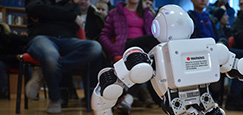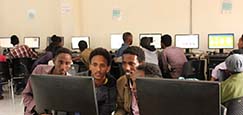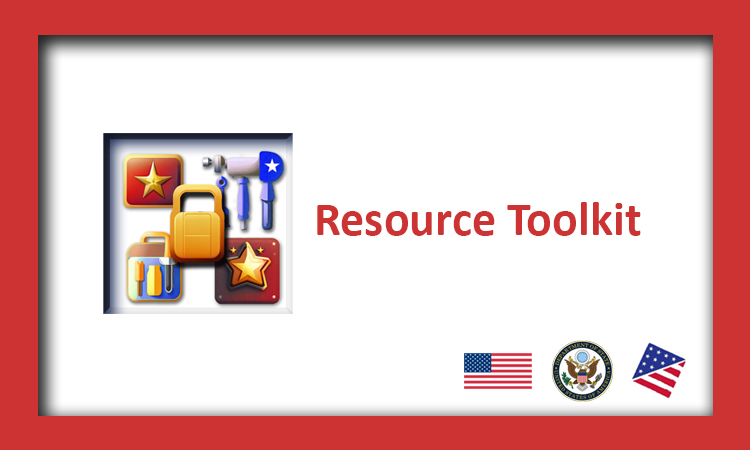IMMERSIVE MEDIA: VIRTUAL AND AUGMENTED REALITY
RESOURCE TOOLKIT FOR AMERICAN SPACES
This Resource Toolkit is designed for programming at American Spaces for the promotion of American culture and values through the use of immersive media.
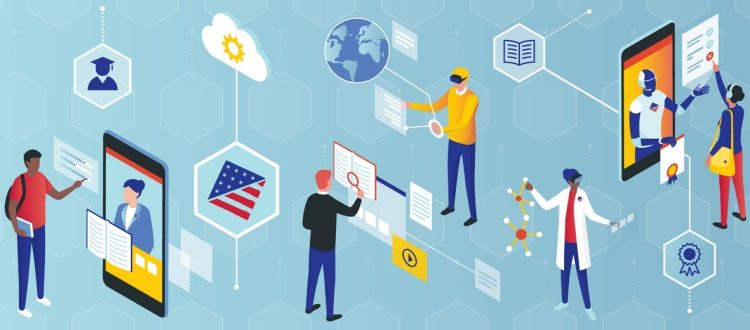
BEST PRACTICES
- The right partner is essential. Most American Spaces staff are not AR/VR experts. Local partners can provide advice on the local immersive media ecosystem and help run programs.
- Survey your local environment to see which technologies are appropriate. Immersive media can be used to run virtual programs and promote interaction and community.
- Immersive media, such as 360 videos, virtual museum tours, and virtual reality experiences are great ways to share American culture and values.
WHY IMMERSIVE MEDIA AT AMERICAN SPACES AND HOW?
Studies have shown that immersive media such as virtual reality (VR) and augmented reality (AR) can elicit a stronger emotional response from the user. In addition, it can allow for a more rich and memorable educational experience. American Spaces should consider making use of this new technology to provide audiences with a more meaningful connection to the United States.
Additionally, immersive media is expanding rapidly into fields such as design, education, health, e-commerce, professional training, and entertainment. American Spaces looking to promote entrepreneurship and innovation can run programs with local partners on immersive media design.
There are now VR programs that allow people to create virtual meetings, model 3D assets while in the 3D space of VR, exercise in interactive spaces, and even help people with post-traumatic stress disorder (PTSD) to name just a few.
TYPES OF VR SETS
Smartphone
There are many cheap options such as Google Cardboard and Samsung Gear, in which users can insert their mobile device.
Tethered
These sets offer the most immersive experience but require a cable connection to a powerful PC.
Standalone
Standalone VR sets are the most popular and can be used anywhere that has a fast wifi connection.
ONLINE COURSES
- How does VR work?
- 360 VR Video Production
- Google VR Developers
- Creating VR Apps
- Unity Technologies – This gaming and virtual reality development platform has free learning modules with teacher lesson plans. Here are recommended modules: VR in Unity: Beginner
- Intro to VR Development
WEBINARS
VR and Cultural Events from the U.S. Embassy to Italy

Virtual Reality Group Tours
Some American Spaces have used virtual reality to run group or classroom tours of the United States. This can be done with very basic VR sets. Participants can “visit” an American university, tourist site, historical monument, or national park.
Immersive Media Training
Courses on VR/AR development are gaining popularity at American Spaces. For example, American Center Cairo ran several successful courses in coordination with a local partner to teach participants how to create VR content.
Immersive Media Station
Several American Spaces provide access to AR/VR equipment in their Makerspaces to allow visitors to experience the technology with games, 360 videos, and other experiences.
Virtual Reality Meetups/Events
With the switch to moving all things virtual, new platforms are emerging to conduct virtual meetings and just hang out with friends. American Space Dushanbe hosted a Halloween party using the free platform Mozilla Hubs. Visitors were able to choose their avatar, walk through a haunted house, and watch videos together. This platform can be accessed by any VR headset, a mobile device, or just a computer. See this webinar from the U.S. Embassy to Italy on the possibilities of virtual reality for cultural events.
EXPERIENCES
Virtual Tours of National Parks – High quality 360 videos
Seeking Pluto’s Frigid Heart – From The New York Times with images from NASA’s New Horizons spacecraft
Traveling While Black – This experience on the Oculus documents restrictions of movement for Black American
Mayflower Reflections – Tells the story of religious persecution and the Mayflower coming to America leading to the establishment of America’s democracy and discusses the Universal Declaration of Human Rights
Masterworks Journey through History – This allows users to learn about and experience Mount Rushmore and Native American cliff dwellings in Colorado
Experience Free Solo – American climber faces Yosemite’s El Capitan without ropes
The Sun Ladies* – Yazidi women warriors fight extremists.
The Key* – A fantastical experience on Oculus that takes you on a journey of dreams to reveal the story of refugees.
*Not suitable for all audiences
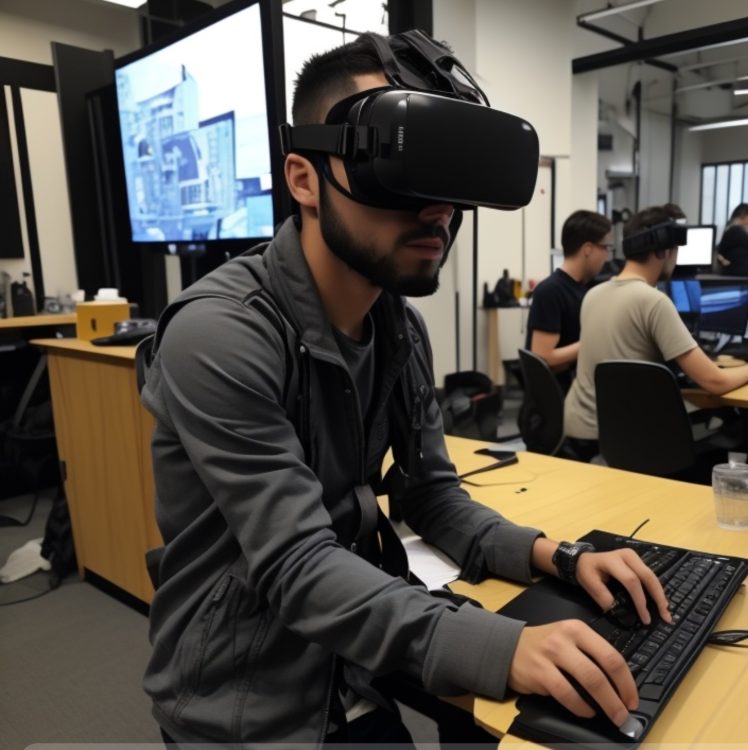

Immersive Media Platforms
Google’s Expeditions & Arts and Culture
Users can download the mobile apps for both these Google resources. As mentioned above, Google Expeditions allows for classroom tours to experience American cities, universities, national parks, and historical sites in VR. Here’s the full list of 900 Google Expeditions. Google Arts and Culture is similar but focused on museum collections. Like Expeditions, users can insert their mobile device in a VR headset.
Mozilla Hubs
In this free and accessible platform, users can create a virtual reality room where anyone with a computer, smartphone, or VR headset can hold meetings or clubs, watch videos, or present. This can serve as a place for American Spaces visitors to simply hang out, watch videos together, or even play hide and seek.
VR YouTube
One of the largest repositories of VR, 360, and 180 videos, this site has featured playlists of storytelling, travel, culture, and music. It can be accessed by any VR headset and American Spaces can upload their own 360 videos.
Virtual Museum Tours
Many American museums now have their own immersive media tours. Here are just a few examples: Smithsonian National Museum of Natural History, National Constitution Center, and Museum of the American Revolution.
Virtual Exhibitions
American Spaces in Bangladesh have created virtual exhibitions using Artstep and Kunstmatrix.
Updated October 2024
Note: These resources and technology listed in this toolkit are not exhaustive. In addition, the views expressed in the resources do not necessarily reflect those of the U.S. government. New virtual reality experiences, 360 videos, platforms, and courses are regularly coming online. Finally, not all of these resources are available on all VR devices.





